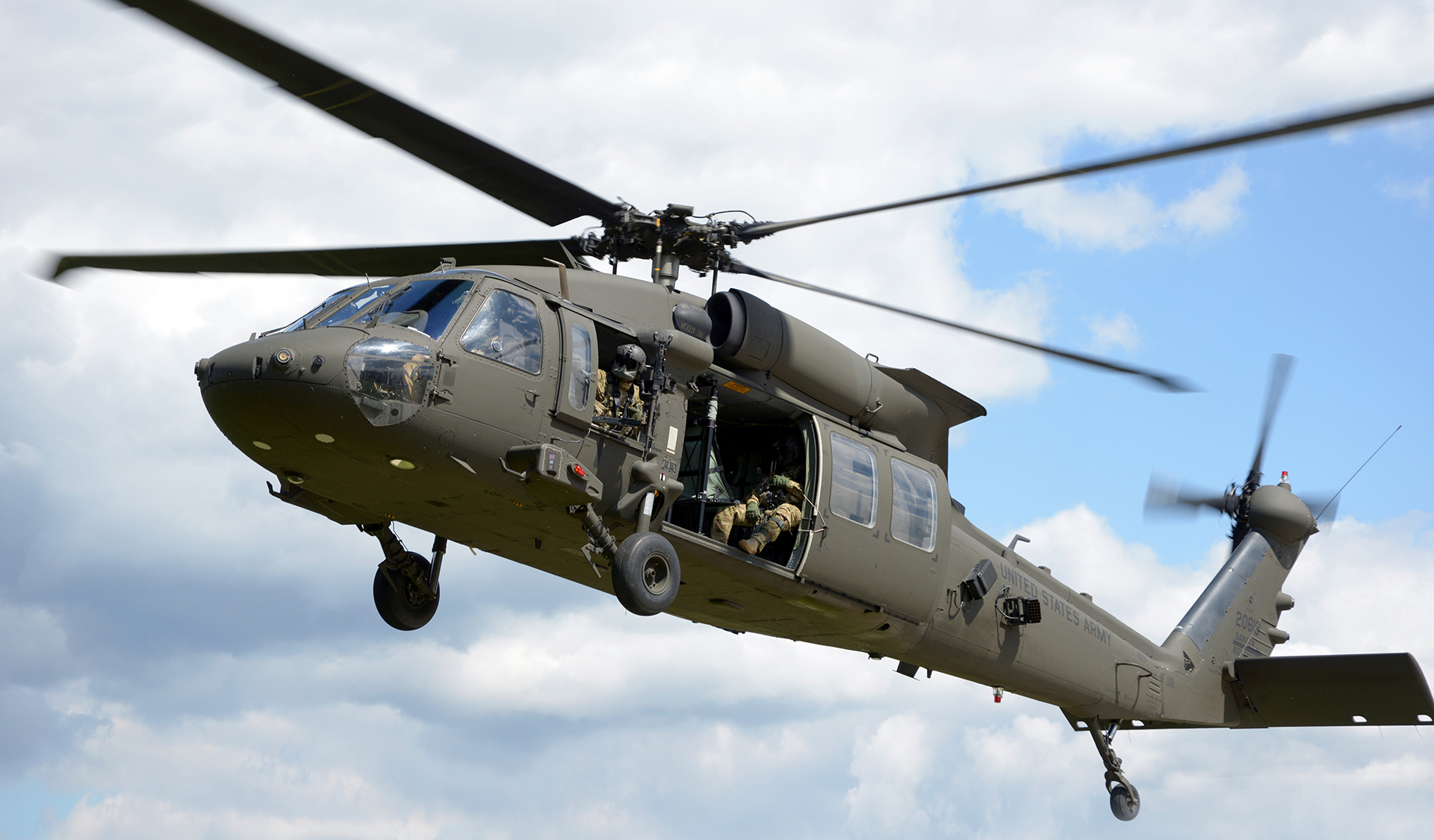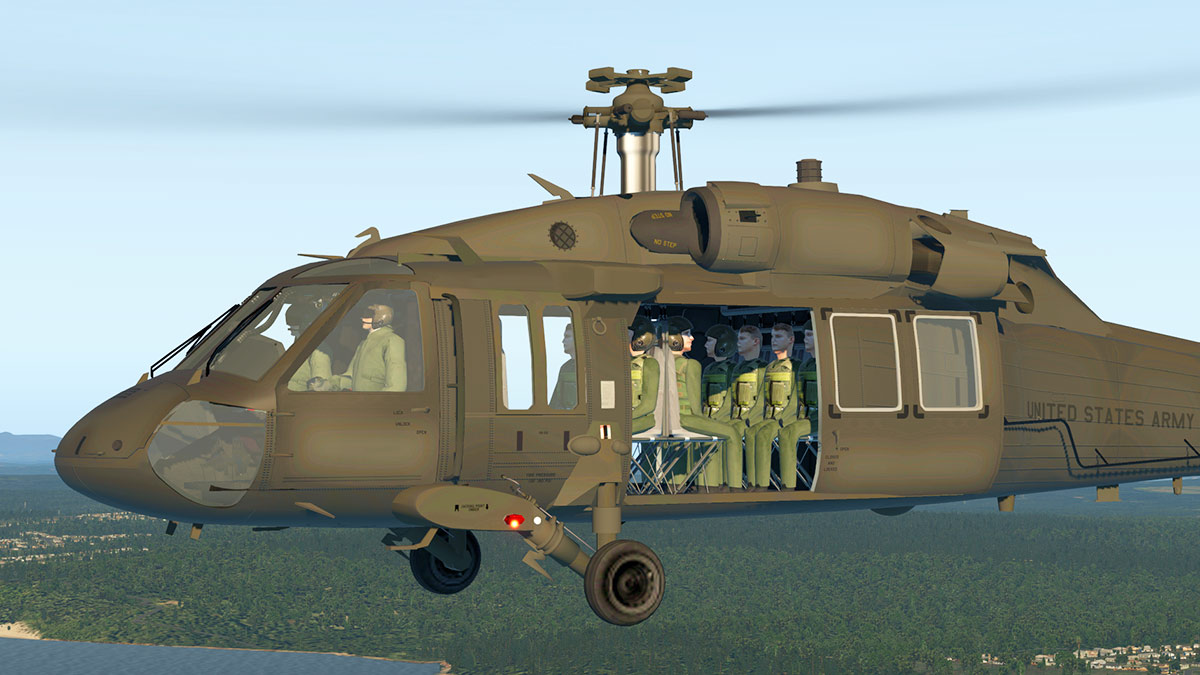UH 60 Black Hawk: From Principle to Contemporary Applications
UH 60 Black Hawk: From Principle to Contemporary Applications
Blog Article
The Duty of Airplane fit International Transport and Trade Characteristics
Through the facility of robust air cargo networks, services can currently navigate global markets with exceptional rate and dexterity, thus redefining supply chain approaches. As we check out the multifaceted effects of airplane on global trade, it is crucial to consider just how these elements will form the future landscape of aviation and its function in the economic climate.

Advancement of Air Transportation
The advancement of air transport has actually been marked by considerable technical advancements and advancements that have changed the way people and items cross the world. From the Wright siblings' first powered trip in 1903 to the advancement of supersonic jets, each landmark has highlighted the relentless quest of performance and speed in flight. Early airplane were mainly rudimentary, limited by engine power and architectural integrity. The introduction of sophisticated materials and aerodynamics in the mid-20th century led to considerable renovations in aircraft dependability, security, and efficiency.
The latter part of the 20th century witnessed the emergence of business aeronautics as a practical mode of transportation, identified by the intro of jet engines, which changed flight by dramatically minimizing flight times. Additionally, technologies in navigation and communication technologies have actually enhanced functional performance and security, permitting even more complicated flight courses and routines. The rise of air freight in parallel with guest solutions has better underscored the versatility of aeronautics. As we seek to the future, emerging modern technologies such as autonomous and electric airplane pledge to redefine the air transport landscape, making sure continued advancement and adaptation to international demands.
Effect On Global Trade
Air transportation has exceptionally improved global profession by facilitating the swift motion of items across huge ranges. This expedited logistics capability enables organizations to react rapidly to market needs, thereby boosting supply chain performance. The ability to carry subject to spoiling goods, high-value products, and time-sensitive items has opened up brand-new markets and opportunities for different industries, substantially influencing profession patterns.
Moreover, the growth of air freight networks has fostered globalization, allowing business to resource materials and products from different parts of the globe flawlessly. This interconnectedness reduces lead times and prices, permitting organizations to continue to be affordable in a significantly global marketplace. Additionally, air transportation plays a critical duty in e-commerce, where consumer expectations for rapid distribution have actually driven a rise in need for air cargo services.
The impact of aircraft on global trade reaches the creation of strategic profession paths, linking areas and assisting in worldwide collaborations. Nations that invest in air transport infrastructure usually experience boosted financial development and boosted international direct investment. Generally, the advancement of air transport has not just transformed the logistics landscape yet has additionally end up being an important component in the characteristics of worldwide profession.

Economic Advantages of Air Travel
A durable aeronautics market generates considerable economic advantages, adding to task development, tourist, and total economic development - uh 60. The aeronautics market sustains millions of tasks globally, varying from direct employment in airports and airline companies to indirect duties in industries such as friendliness, transport, and logistics. According to sector reports, for each task in the aeronautics sector, around 3.5 additional tasks are developed in the wider economic situation
Tourism is a critical component of the financial advantages originated from air travel. Flight promotes international tourism, allowing vacationers to explore diverse destinations, which in turn stimulates local economic climates. Nations that purchase their aeronautics framework frequently browse around this site experience increased tourist arrivals, resulting in higher spending on services such as tourist attractions, dining establishments, and resorts.

In addition, aeronautics improves worldwide connectivity, allowing services to access brand-new markets and sources effectively. This connection cultivates global profession, enabling the quick movement of items, which is crucial in today's globalized economic climate. Therefore, sectors such as shopping and production benefit exceptionally from trustworthy air transportation, additional driving economic expansion. In general, the aviation sector continues to be a keystone of financial vigor, highlighting its important role in forming modern-day economic climates.
Obstacles Dealing With the Aviation Sector
Browsing a complex landscape of governing, environmental, and economic difficulties, the air travel market deals with considerable hurdles that endanger its sustainability and development. Rules bordering safety and safety and security are consistently progressing, demanding ongoing conformity and adaptation from manufacturers and airline companies (uh 60). This can lead to boosted functional costs and source allocation that diminishes technology and growth initiatives
Additionally, ecological concerns have ended up being paramount, with growing examination over carbon exhausts and environmental pollution. The sector is under pressure to embrace greener practices and innovations, which often require significant financial investment in study and growth. Stabilizing these environmental obligations with the demand for air travel provides a significant difficulty.
Economic variations, such as climbing gas rates and geopolitical unpredictabilities, further make complex the landscape. Airlines frequently grapple next page with volatile operating expenses and changing traveler need, which can influence productivity and lasting preparation. Labor scarcities and ability voids in essential locations include an additional layer of intricacy, preventing functional performance.
Eventually, attending to these diverse difficulties is necessary for the air travel market to preserve its critical role in worldwide transport and profession, while guaranteeing resilience and adaptability in an increasingly affordable market.
Future Patterns in Flight
Changing and arising innovations consumer choices are positioned to reshape the future of air travel dramatically. The assimilation of man-made intelligence and machine understanding is anticipated to enhance functional efficiency, streamline flight terminal processes, and boost client service. Anticipating analytics will certainly facilitate extra precise demand projecting, enabling airline companies to enhance flight timetables and prices versions.
Sustainability is becoming a crucial driver in flight, with the aviation market significantly focused on lowering carbon emissions. Advancements in aircraft layout, such as electric and hybrid propulsion systems, are being checked out to fulfill environmental targets. Additionally, the fostering of sustainable aeronautics fuels (SAFs) is anticipated to play an essential role in attaining net-zero emissions by 2050.
Consumer choices are shifting towards individualized travel experiences. Airlines are buying innovative data analytics to tailor solutions and improve consumer involvement, making certain an extra customized journey from scheduling to arrival. Additionally, the rise of remote work may cause increased demand for leisure travel, as individuals seek to integrate job and holiday.
Verdict
Finally, airplane see dramatically affect international transport and profession characteristics by assisting in fast motion and improving supply chain efficiency. The evolution of air transportation has transformed worldwide profession, producing significant financial advantages while additionally offering obstacles that call for critical monitoring. Future fads show an ongoing reliance on aviation for commerce, emphasizing its important function in globalization and economic development. The ongoing adaptation of the air travel market will be essential for maintaining its contributions to the global economic climate.
The latter component of the 20th century experienced the development of commercial air travel as a viable mode of transportation, defined by the introduction of jet engines, which changed air travel by significantly lowering flight times. The rise of air freight in parallel with passenger solutions has additionally emphasized the adaptability of aviation. In addition, air transport plays a critical role in ecommerce, where customer expectations for rapid shipment have actually driven a surge in need for air products services.
On the whole, the advancement of air transport has not only transformed the logistics landscape however has likewise become an important element in the dynamics of international profession.
Sustainability is coming to be a crucial driver in air travel, with the air travel market increasingly focused on lowering carbon exhausts.
Report this page